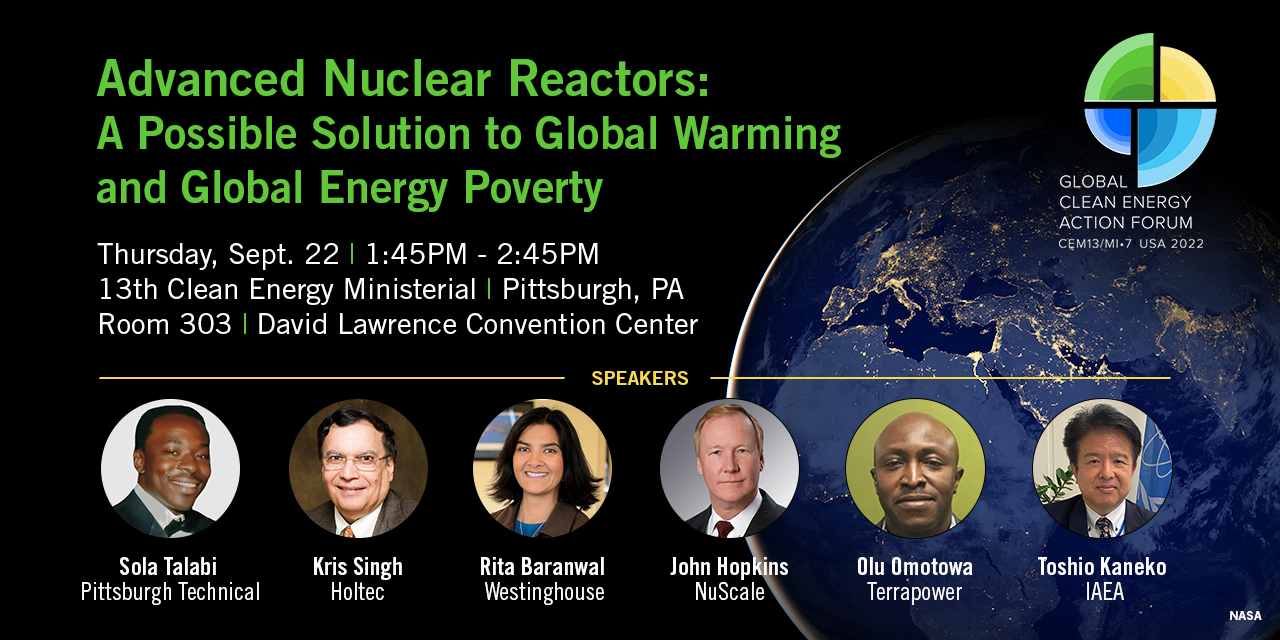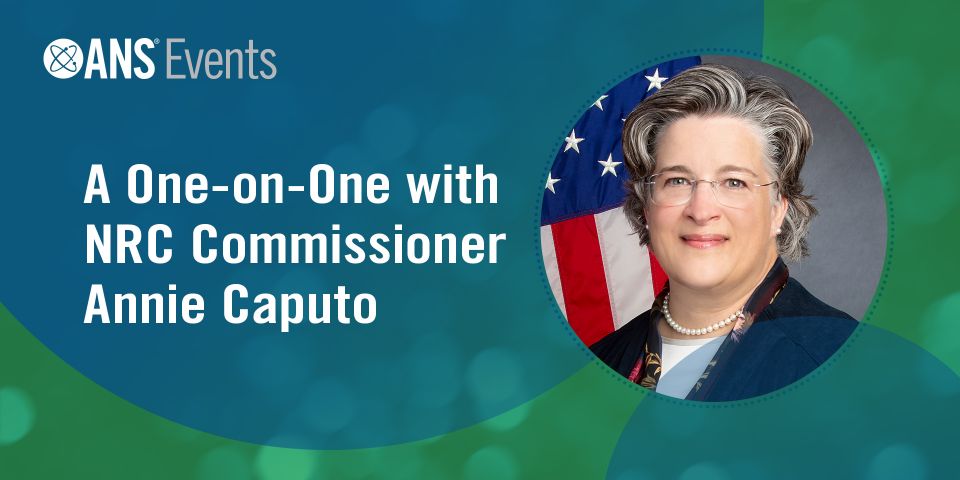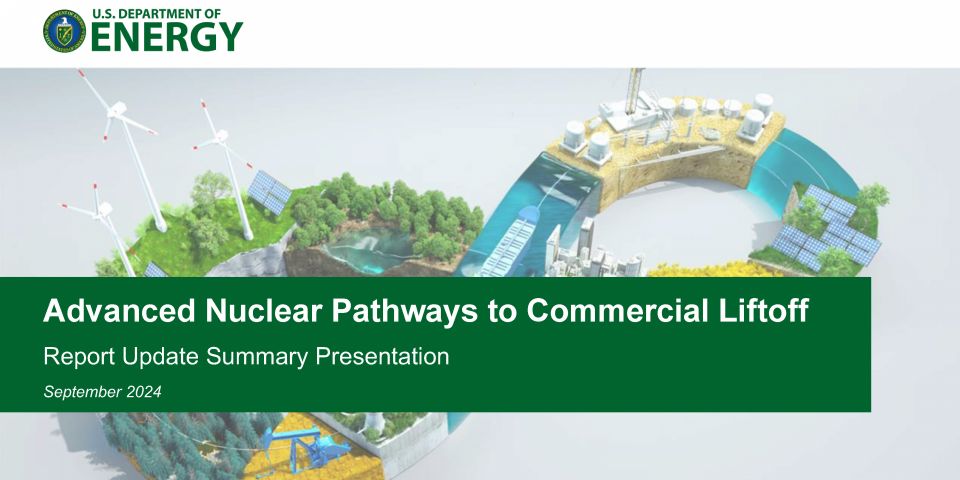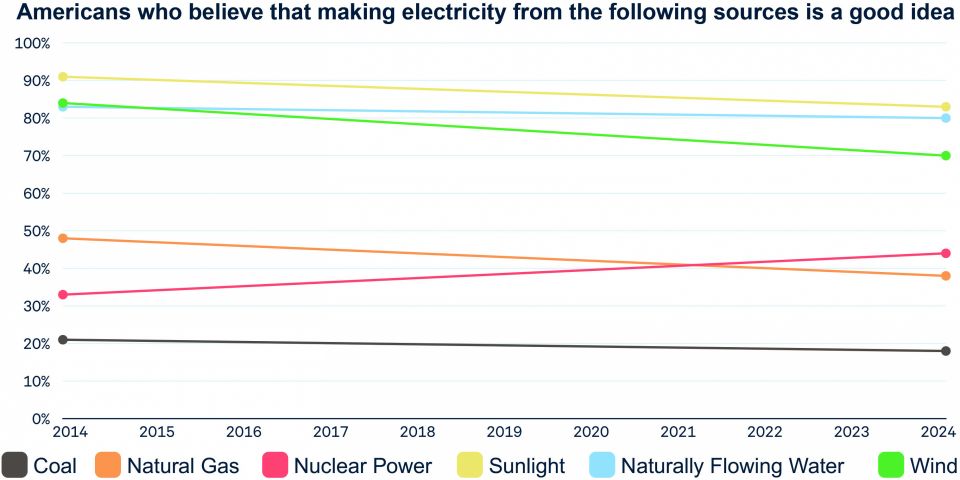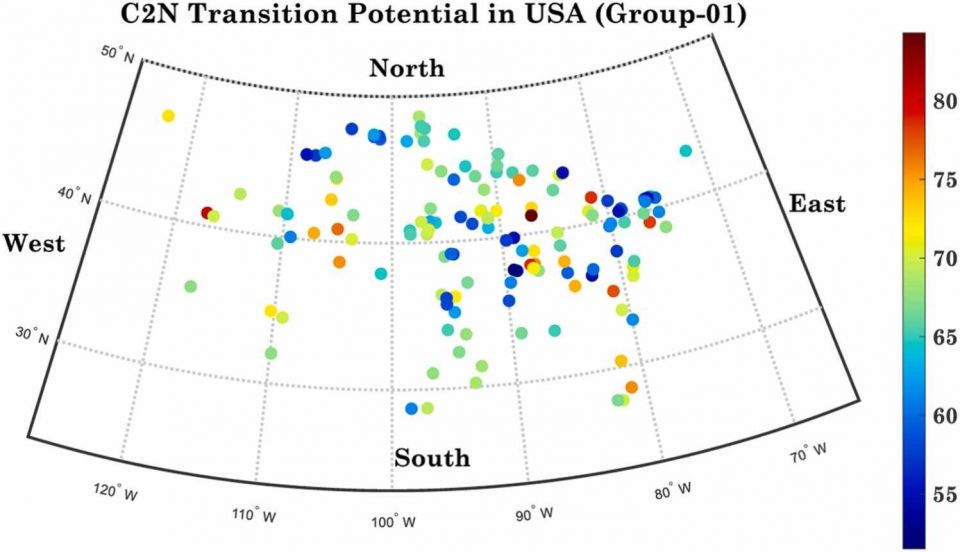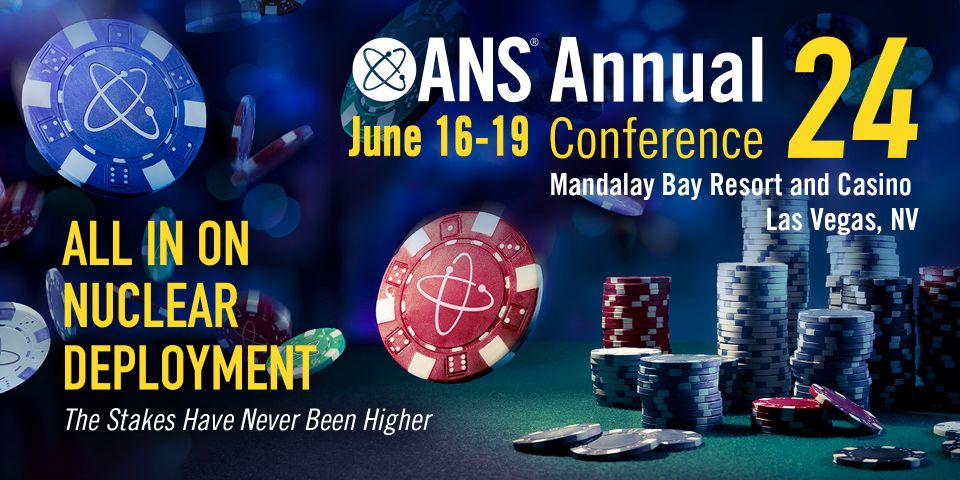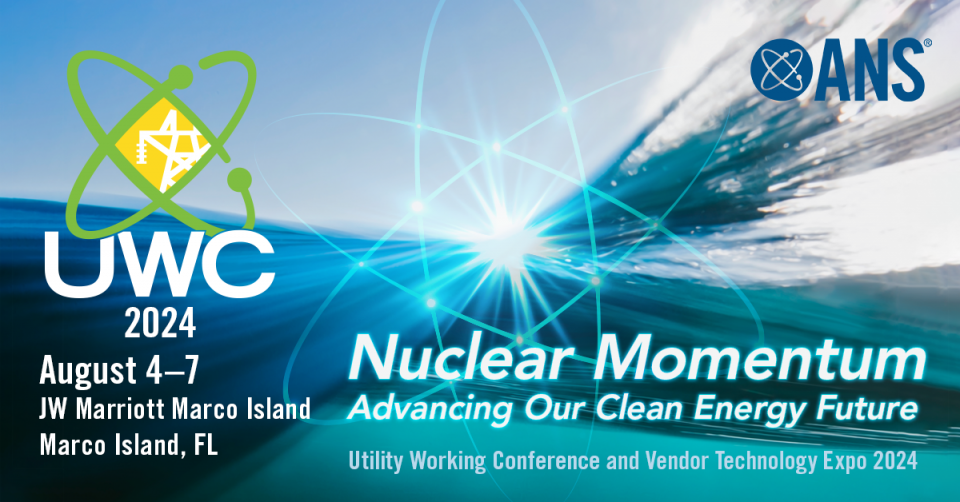What it’s about: Energy poverty is a major global problem, with more than 1 billion people lacking access to reliable power. This problem is most severe in developing regions, such as much of Africa, where more than 600 million people lack access to electricity. Africa’s population is expected to double by 2050, further exacerbating the situation. Concerns over climate change will limit the use of fossil fuels in alleviating energy poverty.
According to the United Nations’ Framework Convention on Climate Change, nuclear energy could substitute for fossil fuels, alleviate energy poverty, and mitigate the effects of climate change if power generation from the source increases from a little over 400 GW today to 1,000 GW by 2050. However, large nuclear power plants are not readily deployable in certain parts of the world because of limitations in technical infrastructure, supply chains, regulatory frameworks, and other factors. By contrast, advanced nuclear power technologies, such as small modular reactors, offer flexible energy solutions that both circumvent these limitations and address climate concerns, providing an especially attractive energy option for developing nations.
The panel: The ANS side event at CEM will present a high-level overview of advanced nuclear technologies, including information on reactor types, remote monitoring, passive cooling, and other enabling technologies.
Panelists at the ANS side event will include:
- Sola Talabi, president of Pittsburgh Technical
- Kris Singh, chief executive offier of Holtec International
- Rita Baranwal, CEO of Westinghouse Electric Co.
- John Hopkins, president and CEO of NuScale Power
- Olu Omotowa, project manager at TerraPower LLC
- Toshio Kaneko, special assistant to the director-general for nuclear energy, nuclear applications, and technical cooperation at the International Atomic Energy Agency
Submit questions: Please feel free to submit questions in advance of the event.
